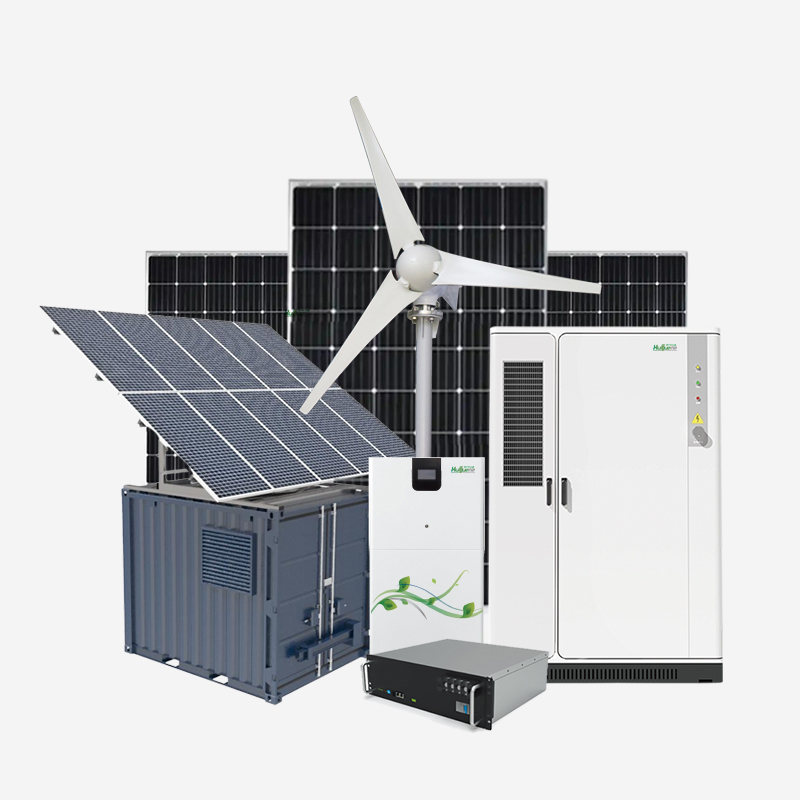
System Composition
Solar Cell Module: This is the heart of the system where the sunlight is directly converted to direct current.Inverter: This will convert the direct current into an alternating current in order to drive electrical appliances in the house.
Battery Bank: It holds the reserve accumulated in a day from solar energy for ensuring continuity of electricity supply at night or on cloudy days.
Controller: It governs the process of charging/discharging the battery while protecting the battery for better energy efficiency. The load equipment includes but is not limited to various electrical and electronic devices in the home, such as refrigerators, TVs, computers, etc. Principle of Operation
This means that as soon as sunlight reaches a solar panel, light energy is converted into direct current. The electrical energy then flows to the battery via a controller. When electricity is needed, an inverter converts the DC in the battery into AC for home use.
Advantages
Energy independence: It is in no way dependent on the outside power grid. As such, it provides reliable power during power outages.Green: renewable energy reduces dependence on the consumption of fossil fuels and protects the environment.
Economical: in the long run, though high in investment upfront, operating costs remain low and save electricity bills.
Flexibility: modular expansion according to the actual needs of the family-increase or decrease the system capacity.
Installation Steps
Onsite assessment: Choose the appropriate site that gets plenty of sunlight during the year for fixing the photo-voltaic modules.System design: The family is supposed to design a proper size of the system depending on their demand for electricity and depending on the local climatic condition.
Mounting bracket: Arrange proper bracket system where one can securely fix the solar panel.
Electrical wiring: Hook up all electrical components so as to have a safe operation of the system.
Debugging and maintenance involve checking that everything is in order after the installation of the installation. Besides that, maintenance and regular checks are made.
In a nutshell, the family home off-grid solar system offers a high-efficiency environmental friendly power solution that is economical, especially for persons unable to access the grid or for anyone looking to reduce dependence on sources outside their reach for power.



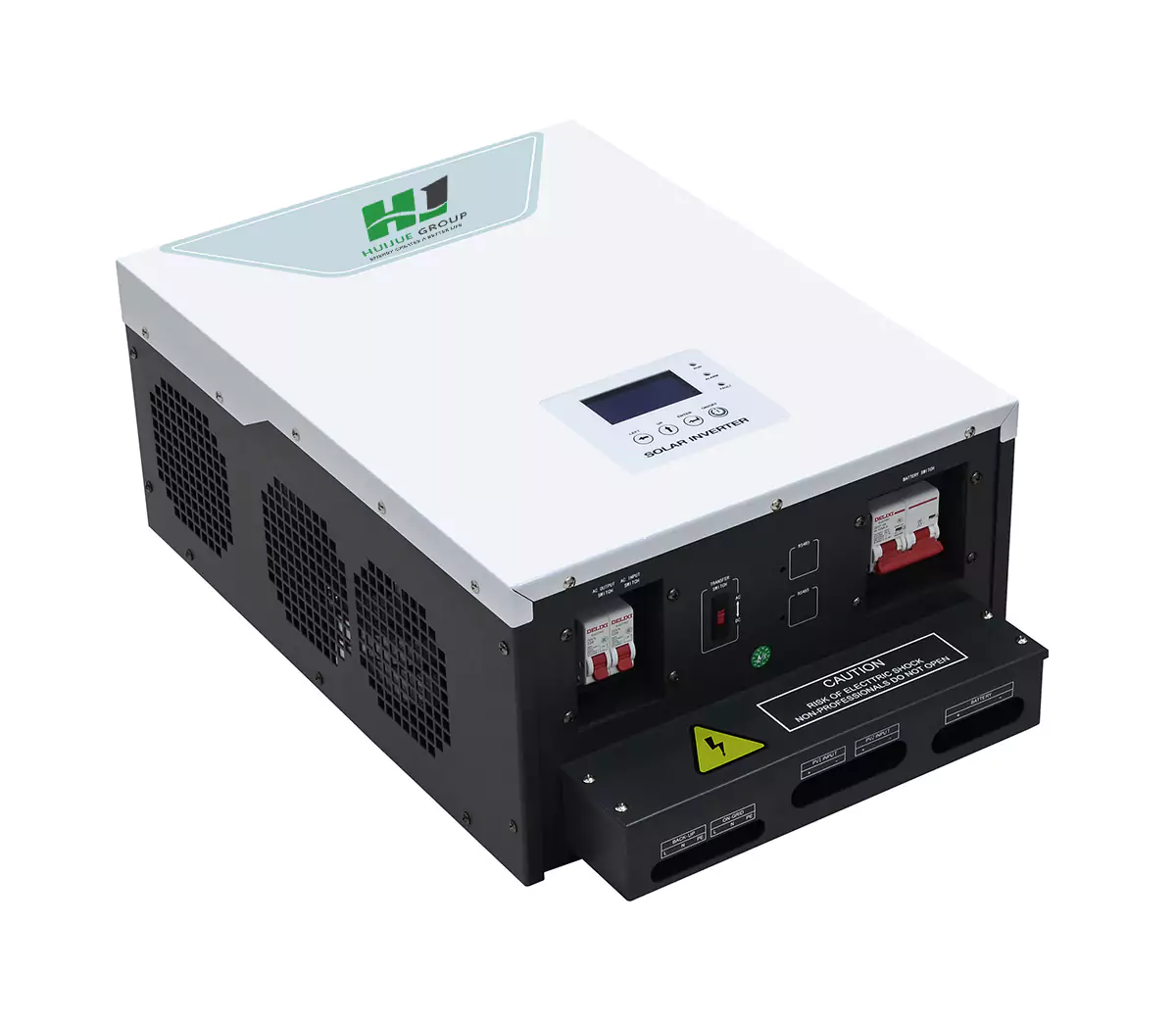
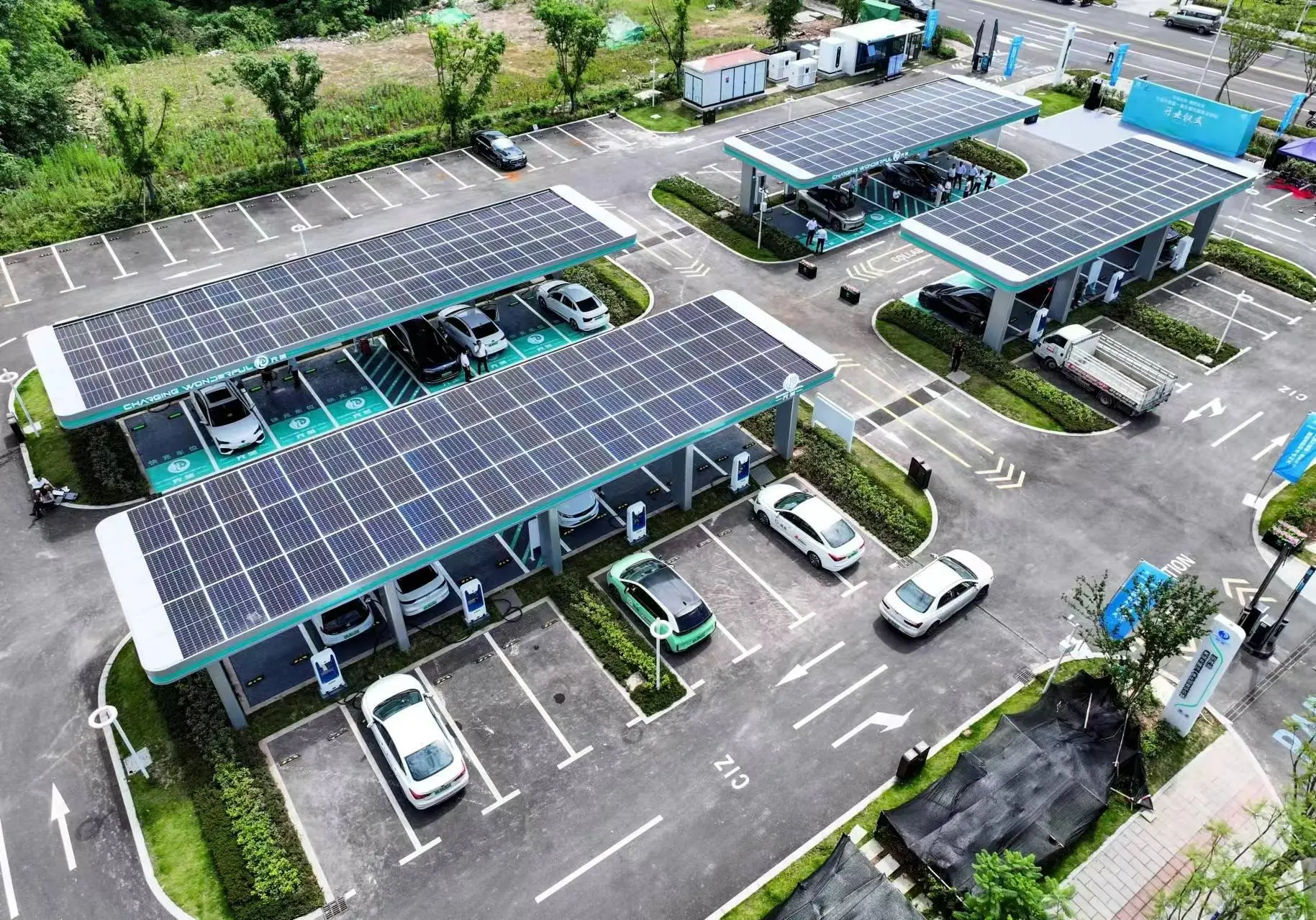
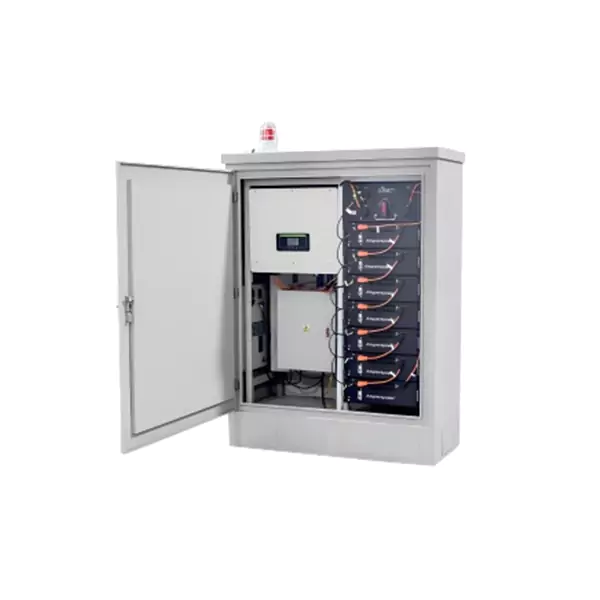
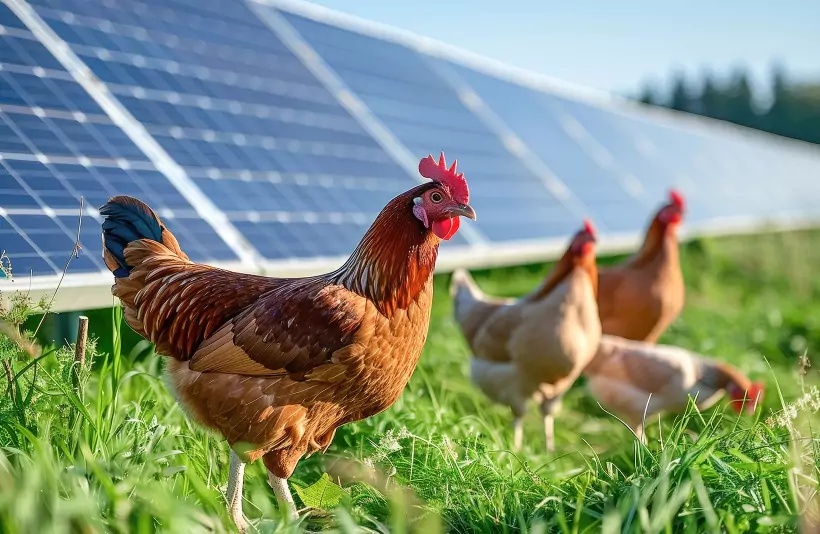
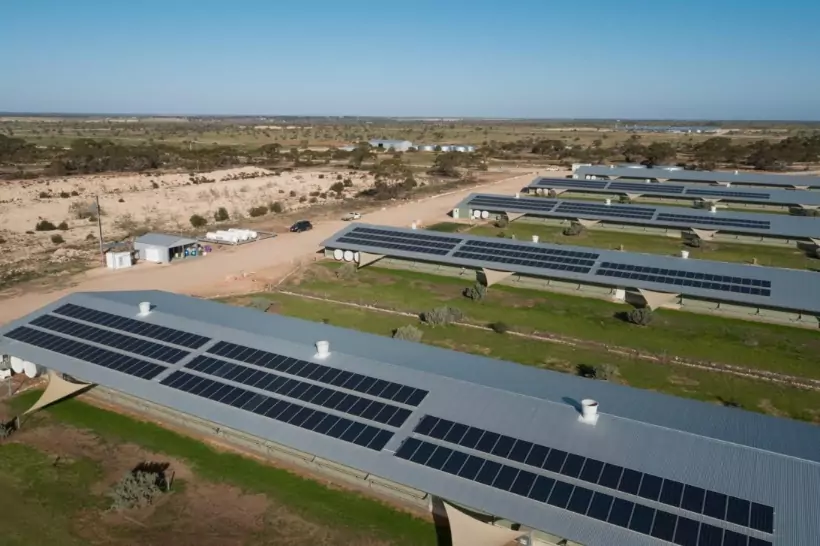
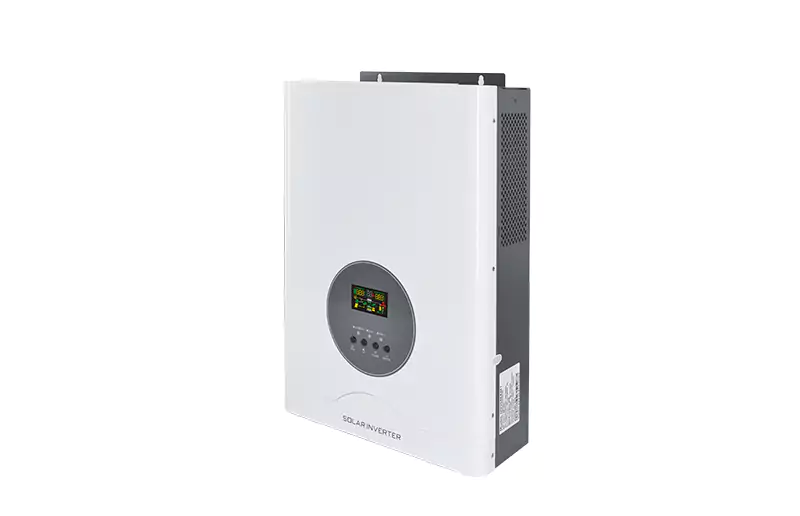
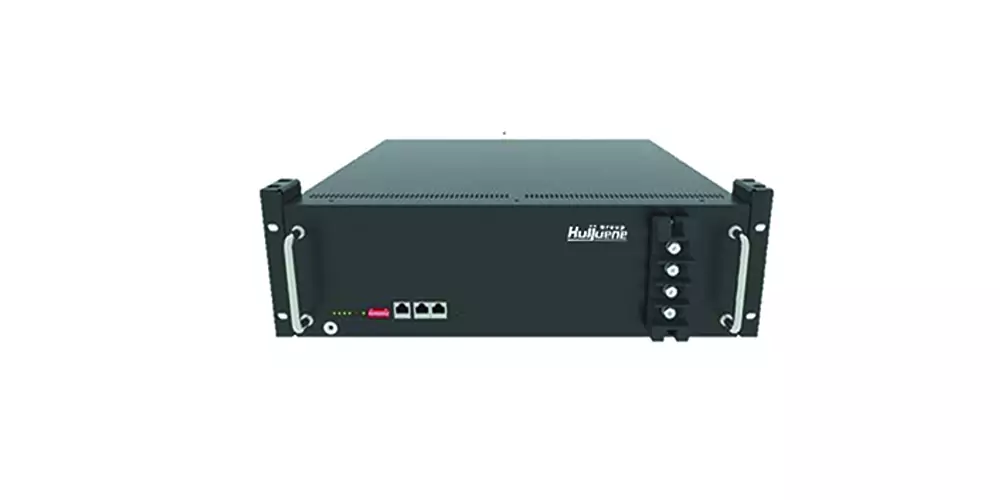
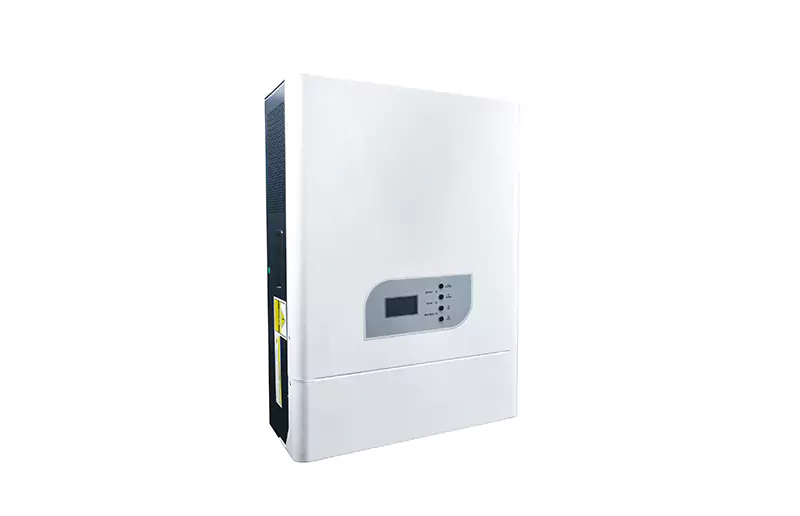
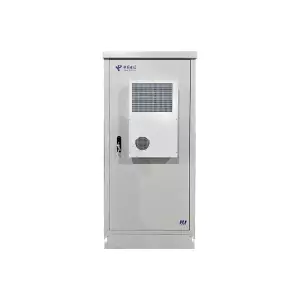
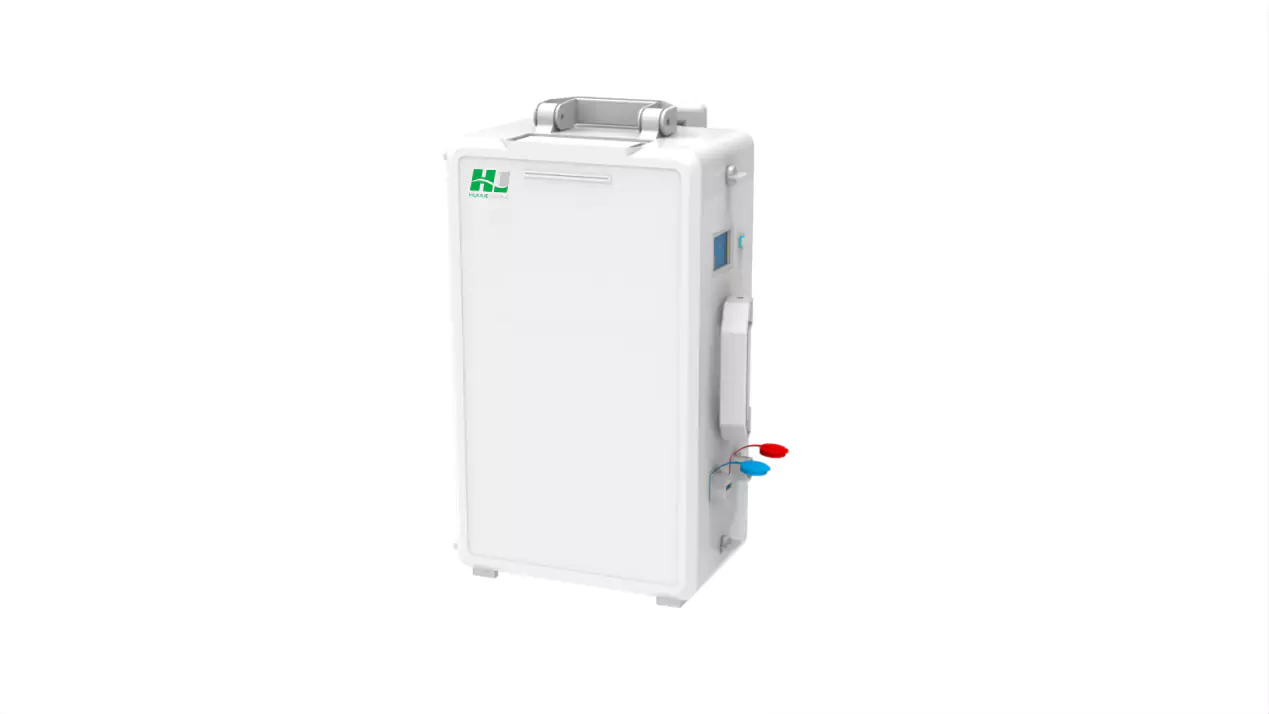
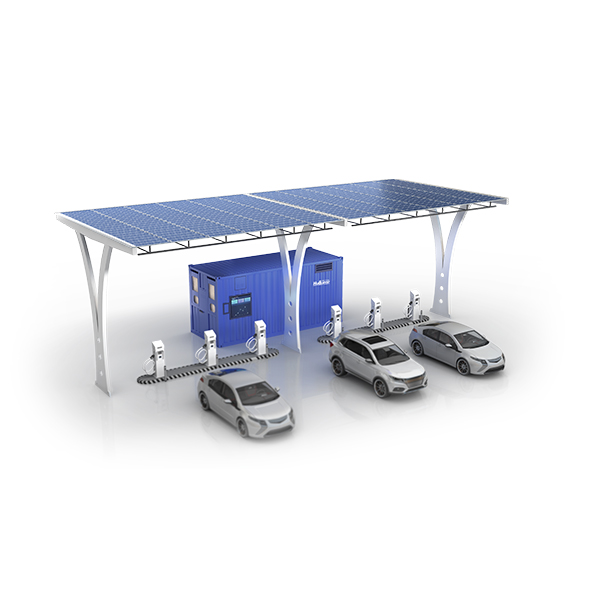
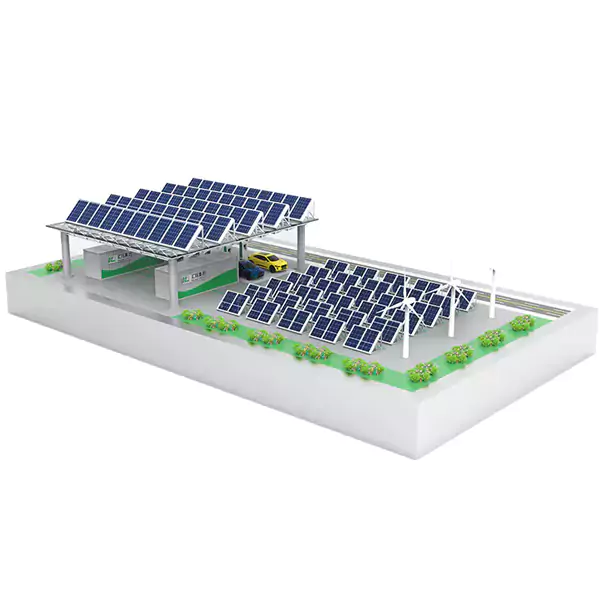
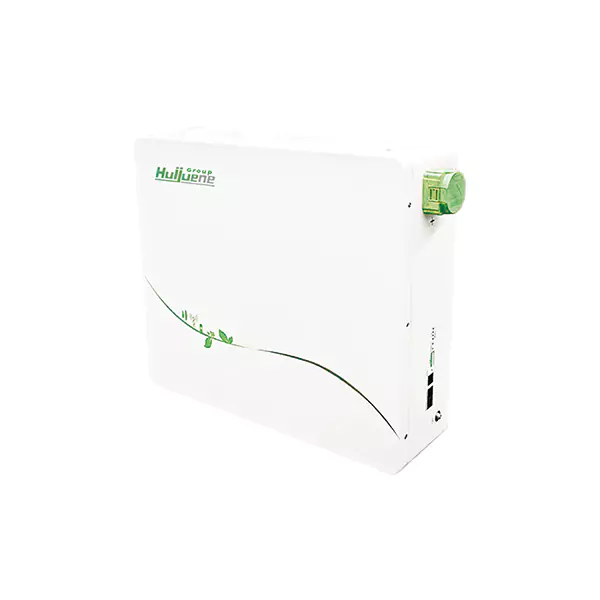
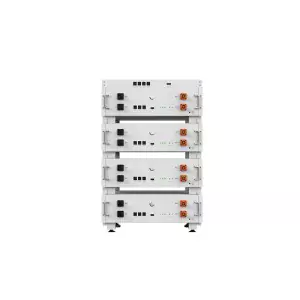
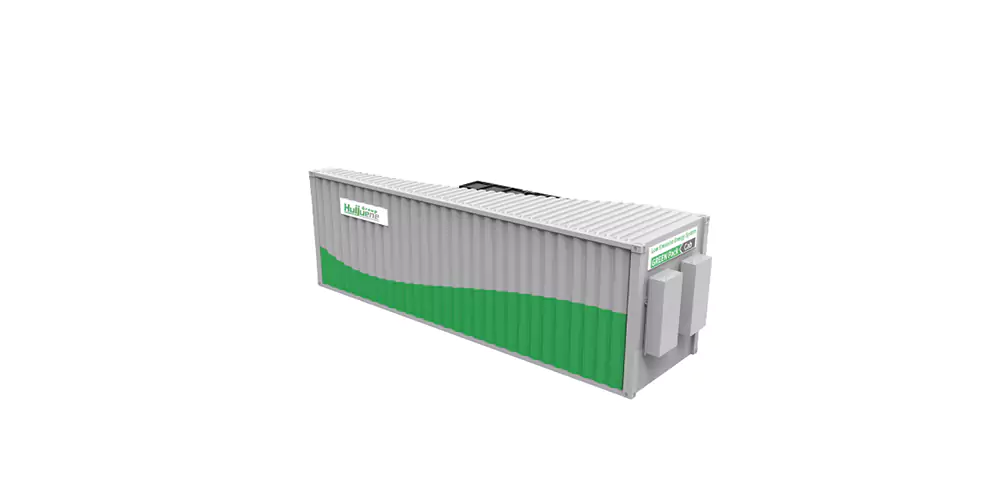
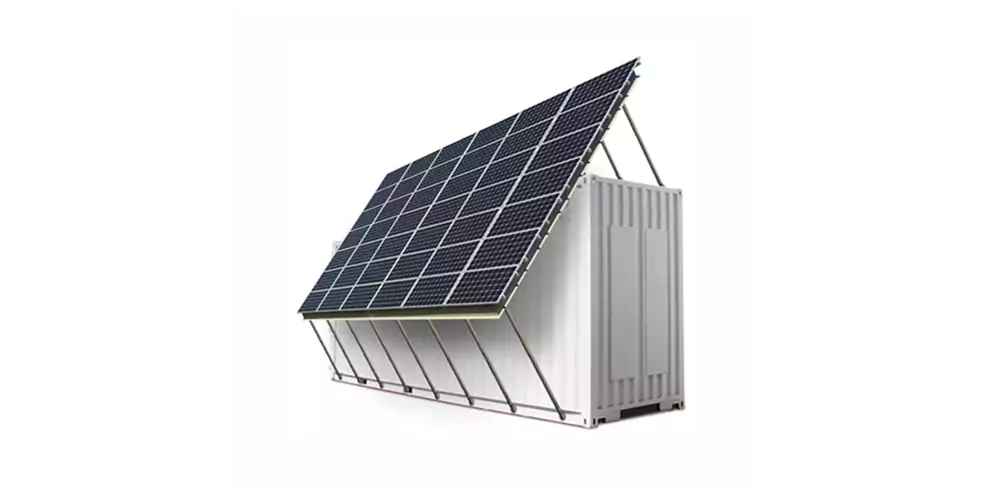
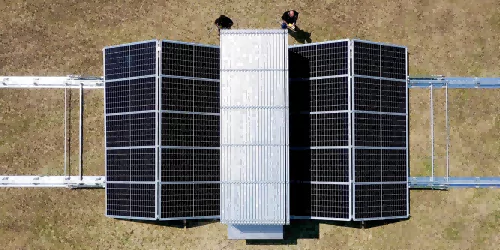
 Inquiry
Inquiry Online Chat
Online Chat